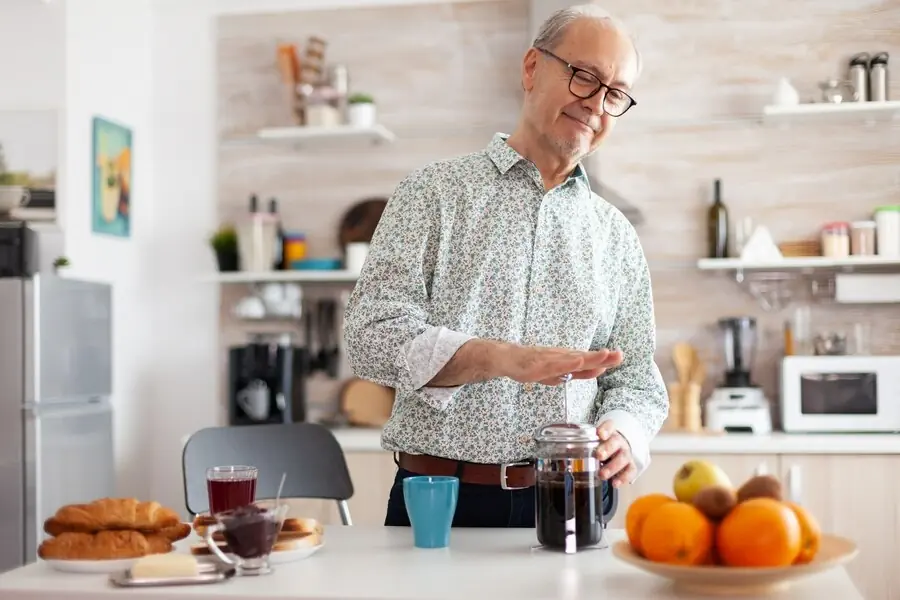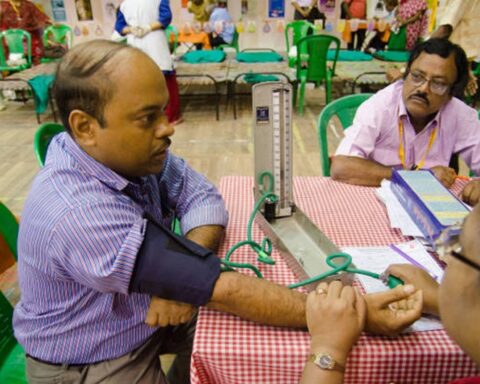London, Jan 24 (Mirror) Drinking too much coffee may increase your high blood pressure risk, according to Health experts.
High blood pressure can be worsened by caffeine according to the World Health Organization. The condition impacts blood pressure readings. They are made up of two numbers, one on top of the other which are measured mmHg or millimetres of mercury). Your doctor or nurse may describe it as ‘120 over 80’. and should be be below 140/90.
High blood pressure can be affected by too much salt in the diet, alcohol intake or even the amount of coffee you drink. One in four adults in India has hypertension (high blood pressure), but, only about 12% of them have their blood pressure under control, WHO reported. On many occasions high blood pressure has hand in half of all heart attacks and strokes in India cases.
Who is at risk?
Being overweight or having too much salt in your diet or not doing enough physical activity are key triggers according to the WHO. Those who drink alcohol and having a family history of high blood pressure. And African Caribbean people or those in deprived areas may also be at greater risk.
Having a healthy weight with a low-salt diet including large amounts of vegetables and fruit and being physically active should maintain blood pressure. Reducing caffeine also helps and reducing coffee intake if you are a fan of coffee or cola which also contains large amounts of caffeine.
Maintaining a healthy weight, reducing salt, eating plenty of vegetables and fruit, and being physically active all help prevent high blood pressure. In India, adults aged 35–75 can get a Health Check via their Doctors.
Are there other issues with high blood pressure medication?
It can be hard to predict which drugs will work for you, but we know some are less effective in older people or those of African Caribbean background. Most people will need more than one drug to control their blood pressure. It is estimated that more than half of patients do not take their medications as prescribed.
This contributes to poor blood pressure control and increased risk of stroke and heart attack. It is estimated that more than half of patients do not take their medications as prescribed.
Jamie Waterall, chairman of the National Blood Pressure System Leadership Board at Public Health England, said: “Everyone has a part to play when it comes to helping reduce the blood pressure. The System Leadership Board was established to ensure a joined-up approach towards tackling high blood pressure.
“It published Tackling high blood pressure: From evidence into action, setting out priority actions. I would like to congratulate the WHO for their leadership in reducing the population’s blood pressure. We know that many heart attacks could be avoided and many lives saved if we work together.”





